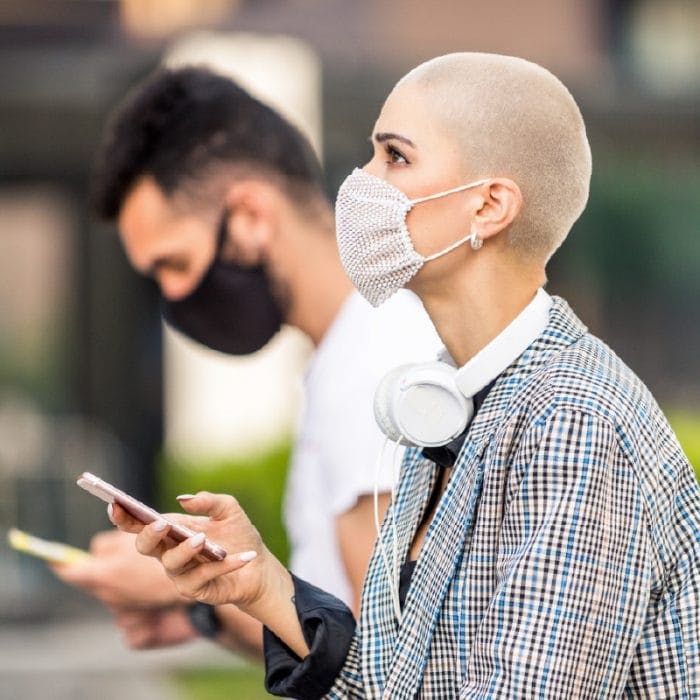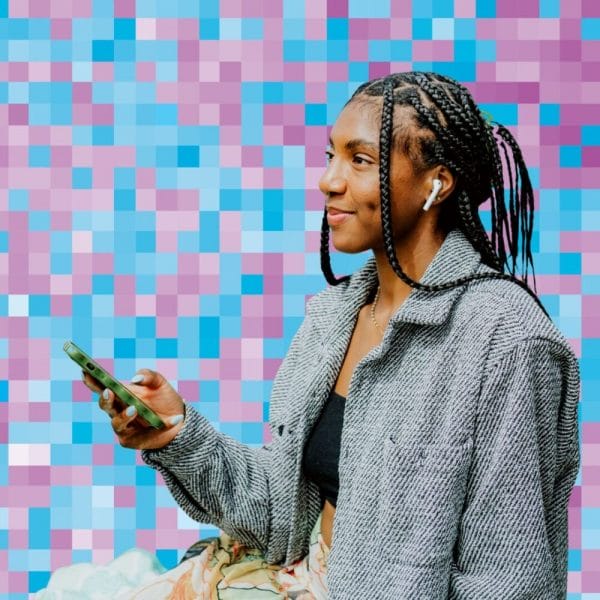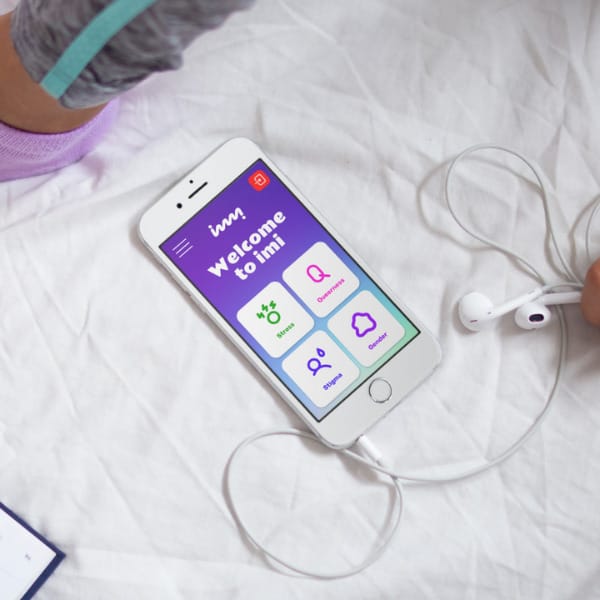Coping with COVID-19: How Young People Use Digital Media to Manage Their Mental Health
Download Report
Authors: Victoria Rideout, M.A., VJR Consulting, Susannah Fox, Internet Geologist LLC, Alanna Peebles, Ph.D., Common Sense, Michael B. Robb, Ph.D., Common Sense
Research sponsored by: Hopelab, Common Sense, California Healthcare Foundation
March 2021 marks the one-year anniversary of the start of the COVID-19 pandemic in the United States. After a year of lockdowns, remote schooling, and the disruption of social norms, teens and young adults are reporting growing levels of depression, stress, and anxiety.
Common Sense partnered with Hopelab and the California Health Care Foundation to better understand how young people have been using social media and digital health tools to take care of their mental health during the pandemic. Our new report, Coping With COVID-19: How Young People Use Digital Media to Manage Their Mental Health, reveals that depression rates have increased significantly since 2018, especially among teens and young adults who have had COVID-19 infections in their homes. Exposure to hate speech on social media is also on the rise. The good news is that young people are proactive in supporting their own mental health, and despite the negative content they see, digital media has been a lifeline for helping many of them access critical health information, stay connected to their peers, find inspiration, and receive comfort in a difficult time.
In addition to quantitative data, the report brings the experiences of young people into focus through their own words, and provides insight into how we can best support them in their mental health journeys.




